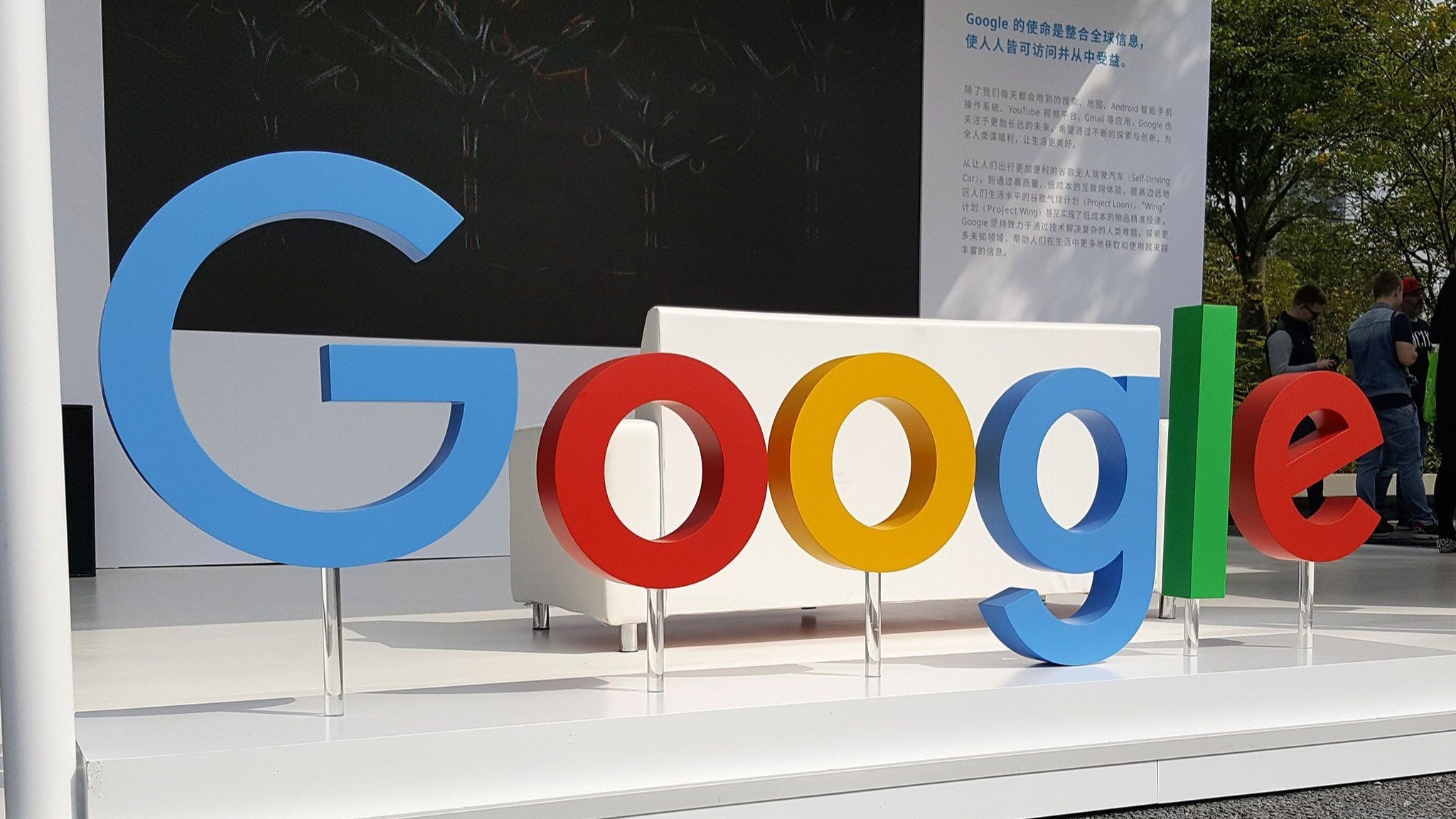
What you need to know
- Amazon is reportedly using its internal sales guidelines to tout its vast experience in building custom silicon processors and AI chips as an advantage over its rivals in the AI landscape.
- The company also points out Google's foundational model offerings as a limitation, but Google brands its claims as fictional talking points misconstrued as facts.
- Amazon attributes its growth to the rapid adoption of its AI offerings and claims its cloud business is set to surpass $100 billion in sales this year.
Every major tech corporation is racing to get its iPhone moment with AI, despite claims that it has already hit its peak and seemingly turned into a fad, with 30% of its projects predicted to be abandoned by 2025 after proof of concept.
As you may know, a recent leak revealed that Amazon is set to launch its AI-powered assistant, Alexa, with a fresh coat of paint and capabilities to compete with Microsoft Copilot and ChatGPT. The company reportedly plans to ship the new product in October, though it might require a paid subscription of up to $10 per month.
While Amazon is seemingly joining the fray, Alexa is arguably one of the earliest virtual assistants, potentially showcasing Amazon's prowess in the landscape. However, its hype was short-lived with the company losing over $25 billion in its smart device business between 2017 and 2021.
Though details of Amazon's revamped Alexa service remain slim at best, it's almost certain that it will ship. According to a report by Business Insider, the company is reportedly using its internal sales guidelines to tout its vast experience in building custom silicon processors and AI chips as an advantage compared to its rivals in the lucrative space, including Microsoft and Google.
Amazon also used the opportunity to highlight Google's limitations, citing its number of foundational models as a deterrent. Google got wind of this and wasn't too pleased with the comments. While speaking to Business Insider, Google spokesperson Atle Erlingsson:
"We're flattered they're worried about us, but fiction doesn't become fact just because it's in talking points."
Erlingsson claims Google's infrastructure provides the best performance and several AI models. "Not only do we offer more than 150 first, third and open-source models via Vertex AI, our AI infrastructure offers best overall performance, best cost performance, as well as uptime and security," concluded Erlingsson.
The AI race has never been fierce

Every major tech corporation is hopping onto the AI bandwagon, and it's paying off. Microsoft, NVIDIA, and Apple have all at one point had a taste of the world's most valuable company crown with over $3 trillion in market valuation. Market analysts and experts attribute the immense success in the category to an early investment and adoption of the technology across their tech stacks.
OpenAI is on the brink of bankruptcy, with projections of $5 billion in losses within the next 12 months. However, Microsoft, NVIDIA, and Apple will reportedly bail out the ChatGPT maker from the shackles of bankruptcy through another round of funding, which could potentially push its market capitalization well over $100 billion.
This means NVIDIA, Google, Microsoft, OpenAI, Amazon, and Apple will fight for dominance in the AI landscape. These companies are well-equipped to dominate the category with vast resources and talent.
While speaking to Business Insider, an Amazon spokesman indicated that most of the company's growth is attributed to the rapid adoption of generative AI. The spokesman added that the company's cloud division is on the verge of surpassing $100 billion in sales this year.
According to the spokesman:
"It's no secret that generative AI is an extremely competitive space. However, AWS is the leader in cloud and customer adoption of our AI innovation is fueling much of our continued growth. AWS has more generative AI services than any other cloud provider, which is why our AI services alone have a multi-billion dollar run rate."
It will be interesting to see if the AI wave stands the test of time, amid concerns by investors over the large amount of money invested to keep its operations running with little returns. There's also a rising concern over the lack of sufficient electricity to power its advance beyond 2027. Google and Microsoft already consume enough electricity to power 100 countries.







